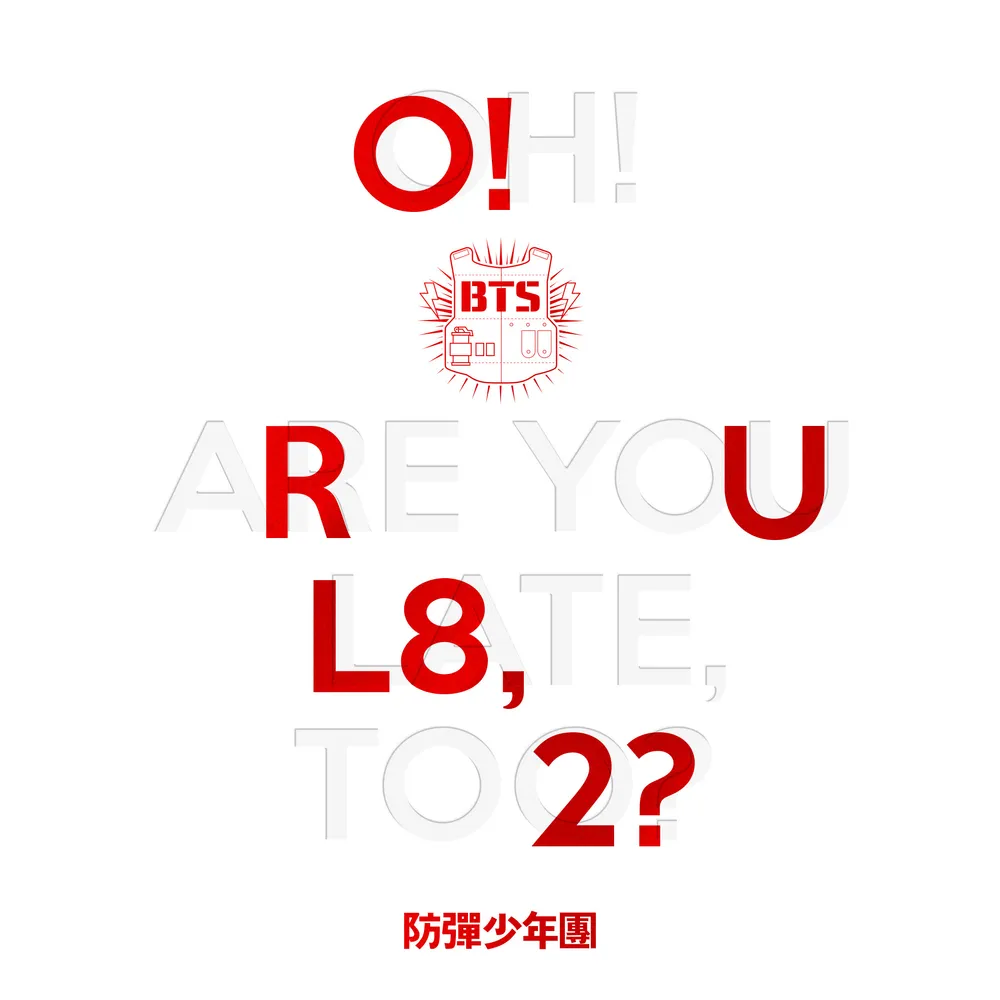Satoori Comedy Captivates the MZ Generation
South Korea’s youth are buzzing about “satoori,” local dialects. Winter from aespa made a splash. Her Busan dialect video on YouTube gained 11.15 million views in a month, changing industry norms.
Fans’ Love for Dialect
Fans adore Winter’s Busan dialect. Her phrase “Kim Minjeong, I say like this” has won hearts. It makes the dialect more appealing and relatable.
The Rise of Dialect Content
Retro trends have made regional dialects popular again. Comedian Lee Yong-ju’s fake Busan dialect on YouTube is a big hit. His videos draw up to 1 million views each.
Exploring Language Differences
The MZ generation loves comparing dialects. YouTube videos comparing Busan and Daegu dialects get thousands of views. They reveal the charm of regional languages.
Cultural Shift in Dialect Perception
Experts say interest in dialects is growing. No Jeong-tae, an expert, believes young people in Seoul find dialects fresh and interesting. This shows growing respect for regional cultures.
Dialects in Pop Culture
The drama ‘Boyhood,’ set in 1980s South Chungcheong, highlights the local dialect. It’s made the dialect a hot topic, leading to more YouTube content about it.

Changing Attitudes Toward Dialects
Young people now see regional dialects in a new light. Unlike the older generation, they find them charming and interesting. Even comedy based on dialects is now more accepted.
Conclusion
The revival of regional dialects shows a major cultural shift. The MZ generation’s embrace of these dialects has enriched South Korea’s culture and bridged generational gaps.
Reference: https://n.news.naver.com/mnews/article/023/0003810460?sid=102



